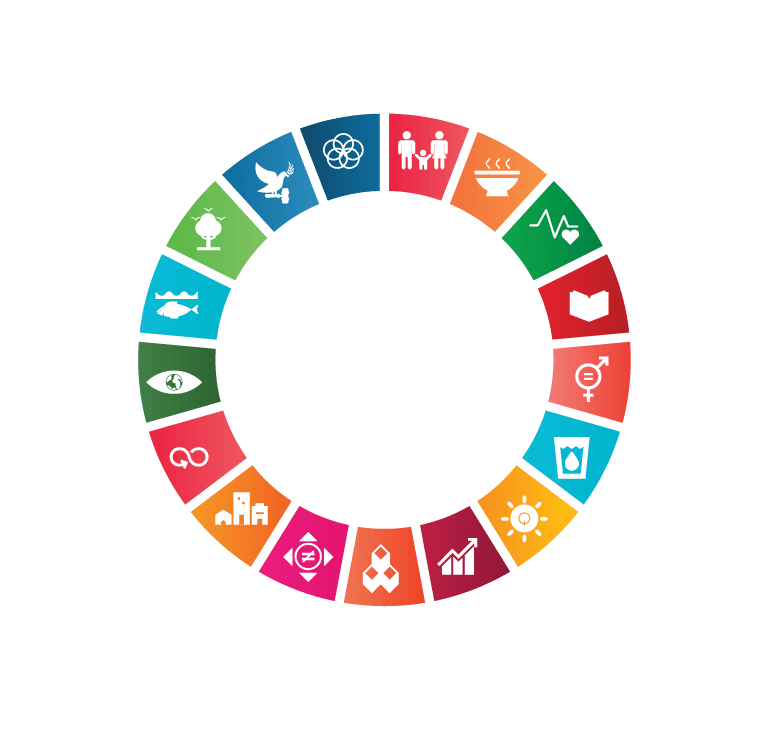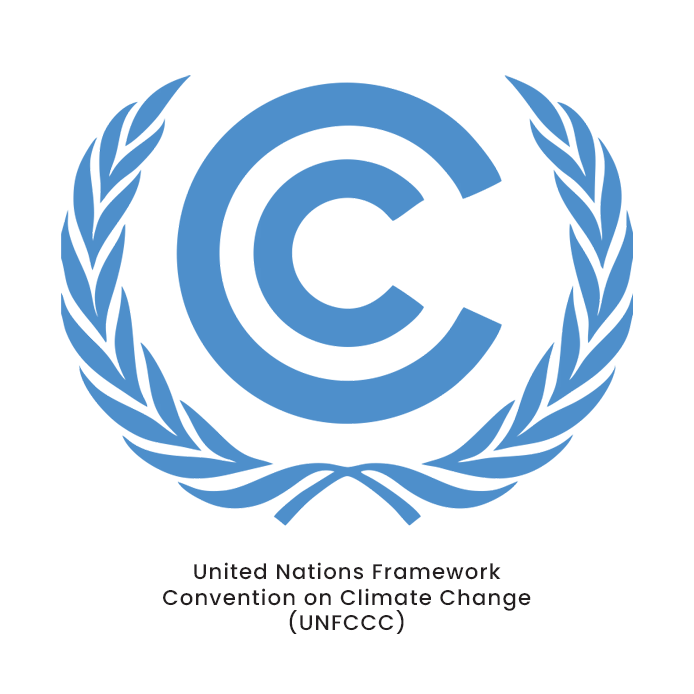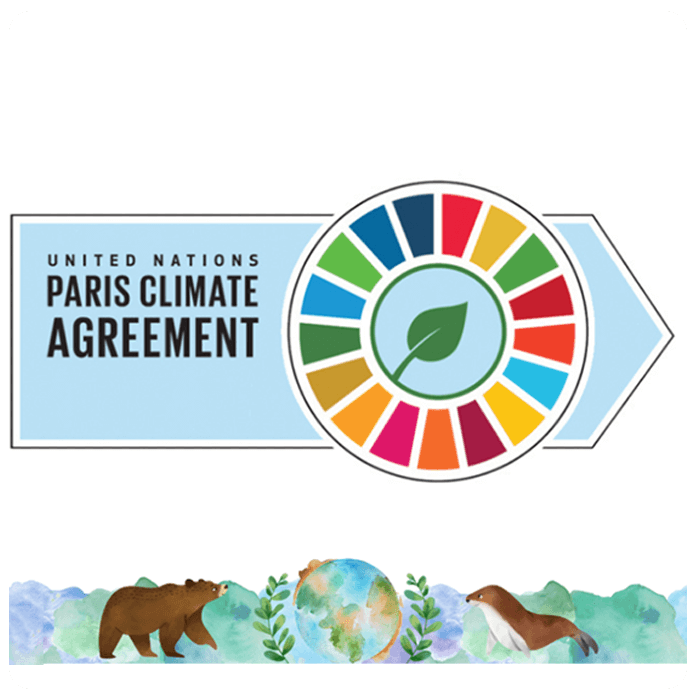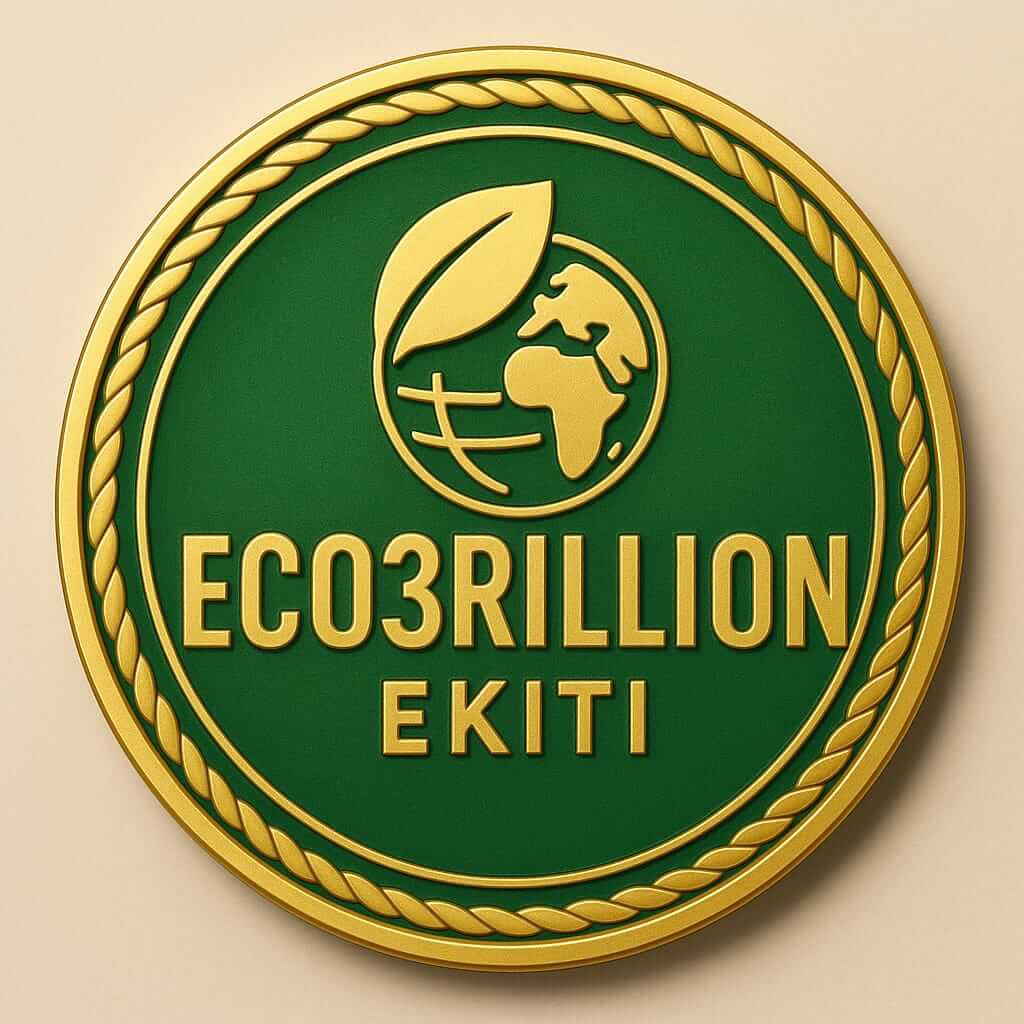Accelerating Climate-Smart Opportunities for Green Growth across Communities in Ekiti

Ekiti State stands at a climate inflection point. Heat waves, intense downpours, and flood-prone urban corridors are converging to stress livelihoods, infrastructure, and public health. Local climate records show a hot season peaking around March in Ado-Ekiti, with increasingly volatile rains shaping the rest of the year; nationally, long-term datasets confirm a warming trend that heightens flood and drought risks.
These risks aren’t abstract. In 2022, nationwide flooding affected 33 of 36 states; Ekiti communities received federal relief support as homes and farms were damaged, underscoring the state’s exposure and the need for anticipatory action. Follow-on flood episodes in 2023 again hit Ado-Ekiti neighborhoods like Eminrin Estate and Ita Eku.
Agriculture—the backbone of many Ekiti households—feels this most. Studies centered on Ekiti document climate-driven yield and income pressures from erratic rainfall and heat, mirroring broader evidence across Nigeria. When rains arrive as cloudbursts instead of steady showers, runoff strips fields, lifts input costs, and squeezes farm margins.
The state is responding. Ekiti ranked 4th nationally on the 2024 Sub-national Climate Governance Performance report, and recent measures include flood-risk mapping, dredging of waterways in Ado-Ekiti, budget approvals for flood control and roads, and even crop-risk insurance to cushion 10,000 farmers in the 2025 wet season. Partnerships with local institutions—such as ABUAD’s climate action planning with SEMA and the State Ministry of Environment—are strengthening preparedness.
Against this backdrop, accelerating climate-smart opportunities for green growth across Ekiti’s communities is not optional—it’s the resilience play. Priority moves include: scaling climate-smart agriculture and extension for smallholders; expanding watershed management and urban drainage upgrades in flood-hotspots; growing farmer insurance and early-warning coverage; and mobilizing green enterprise—clean-energy MSMEs, waste-to-value, nature-based tourism—to create jobs while restoring ecosystems. Done together, these actions can protect incomes today and position Ekiti for inclusive, low-carbon prosperity tomorrow.

Building Resilient Communities
Climate-smart opportunities are crucial for building resilient communities that can withstand and adapt to the impacts of climate change. By integrating sustainable practices into community development, we can reduce vulnerability to climate-related risks and enhance the ability of communities to recover from disasters.
This involves promoting sustainable agriculture, water management, and energy systems that are both environmentally friendly and economically viable.
For instance, adopting climate-resilient crops and farming techniques can help ensure food security in the face of changing weather patterns. Similarly, investing in renewable energy sources like solar and wind power can reduce dependency on fossil fuels and provide communities with reliable, clean energy.
Promoting Economic Growth
Green growth is not just about environmental sustainability; it is also about economic development. Accelerating climate-smart opportunities can create jobs, stimulate innovation, and drive economic growth.
The transition to a green economy presents numerous opportunities for businesses and entrepreneurs to develop new products, services, and technologies that address environmental challenges while also generating economic value.
For example, the renewable energy sector is one of the fastest-growing industries globally, creating millions of jobs and attracting significant investment. By fostering an environment that supports green entrepreneurship and innovation, communities can tap into these opportunities and create sustainable economic growth.
Advancing Social Equity
Climate-smart opportunities are also vital for advancing social equity. Climate change disproportionately affects marginalised and low-income communities, exacerbating existing inequalities. These communities often have the least capacity to adapt to the impacts of climate change and are more likely to suffer from environmental degradation, poor health outcomes, and economic instability.
By accelerating green growth initiatives, we can create more equitable and inclusive communities where everyone has access to the benefits of sustainable development. This includes ensuring access to clean energy, improving air and water quality, and providing opportunities for education and job training in green industries.

Contributing to Global Climate Goals
Accelerating climate-smart opportunities at the community level is essential for meeting global climate goals. The Paris Agreement, for example, aims to limit global warming to well below 2 degrees Celsius above pre-industrial levels. Achieving this goal requires collective action at all levels of society, from governments and businesses to individuals and communities.
By promoting climate-smart practices and green growth, communities can contribute to reducing greenhouse gas emissions, conserving natural resources, and protecting biodiversity. This collective effort is crucial for ensuring a sustainable future for all.

Green4ward Action for the Global Goals
Towards Green Growth, Green Transformation & Green Empowerment
Platforms & Portals
Browse All Eco2ruppers platforms, portals and microsites.
Policy Podiums




























